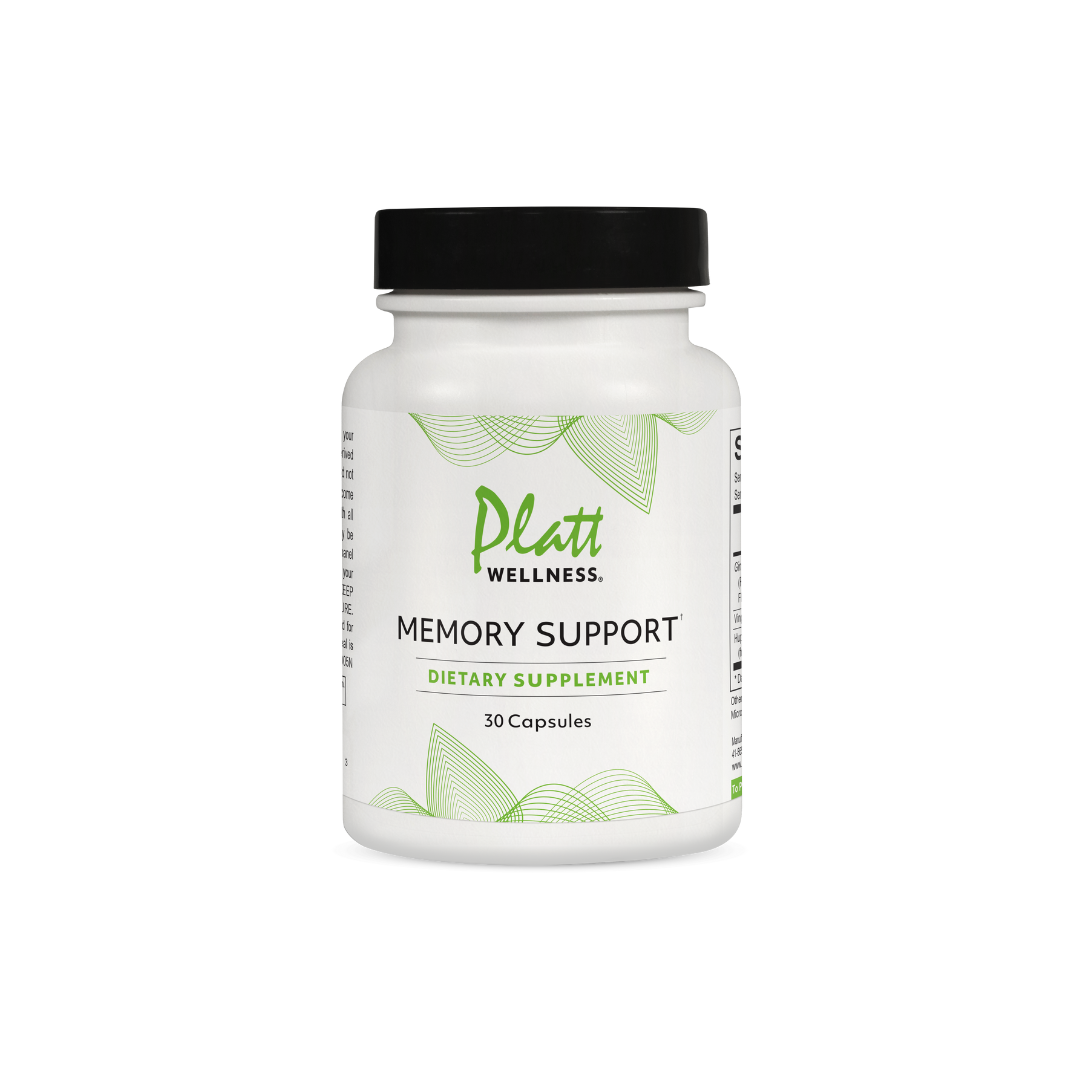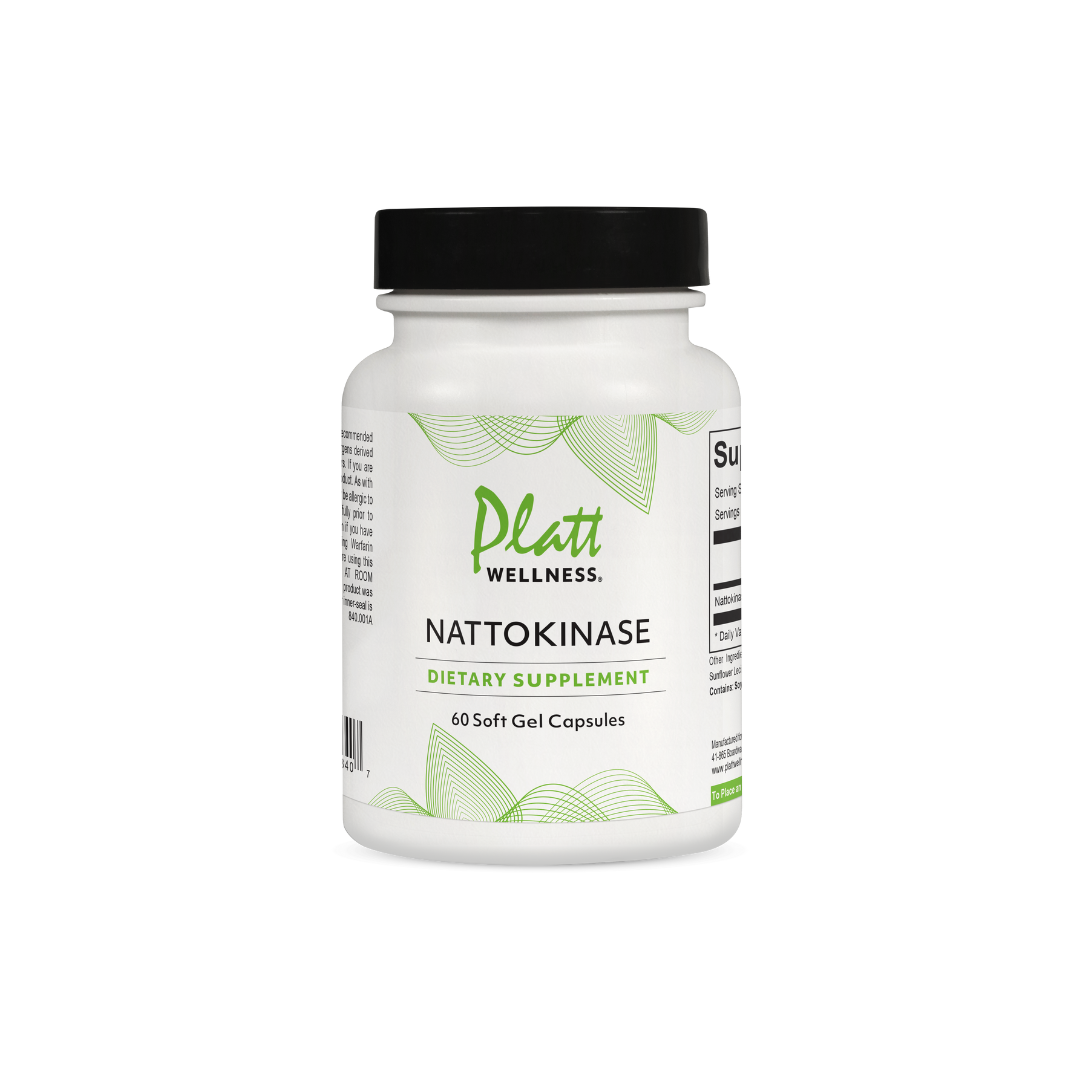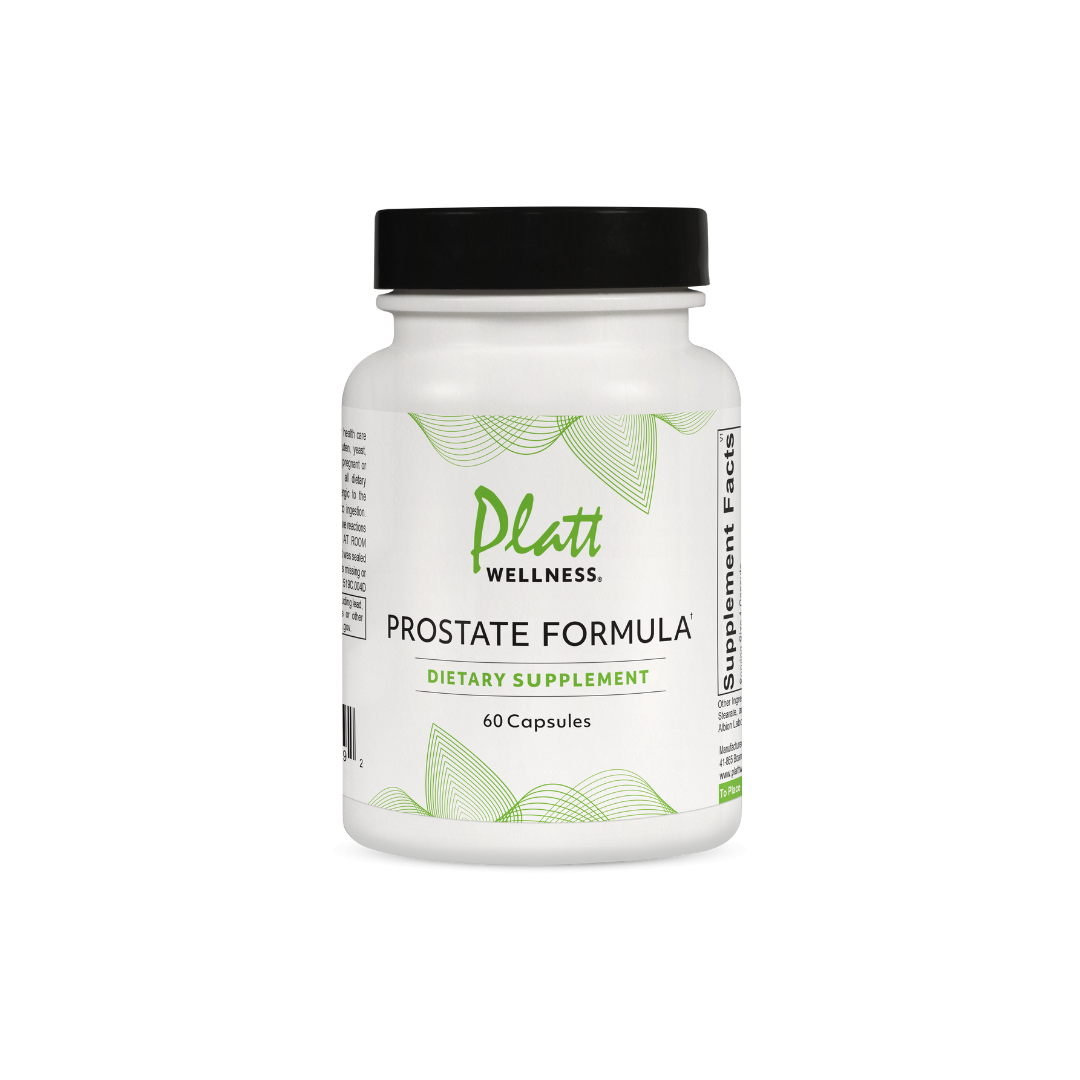I am thrilled that the New York Times is acknowledging one of the causes of insomnia is caused by anxiety and surges of adrenaline, which has been Dr. Platt's mantra for the last few decades.
The article published by The New York Times on December 28th titled ‘Wide awake at 3 a.m.?’ states that “Two of the primary drivers of insomnia are stress and anxiety. If you wake up and look at the clock and then start worrying about having to be rested for work the next day, paying your bills or other life stresses, it could activate your sympathetic nervous system, which controls what’s known as the fight-or-flight response. Levels of adrenaline, the so-called stress hormone, will rise, increasing your heart rate and leading to a state of heightened arousal, making it particularly difficult to ease back into sleep.”
Yes, we agree. One of the most common causes of having trouble sleeping or keeping asleep is caused by adrenaline dominance. A typical scenario is waking up between 2:30a and 3:00a to urinate, then having trouble getting back to sleep.
What this article does not reveal is the underlying cause of waking up to urinate. Yes, it’s caused by adrenaline dominance, but how do you lower or prevent adrenaline?
Dr. Platt has dedicated his career to preventing adrenaline dominance and has dubbed the term “adrenaline dominance” and wrote an award-winning book “Adrenaline Dominance” which has won 5 literary awards.
The National Institutes of Health estimates that roughly 30 percent of the general population complains of sleep disruption.
In addition, adults need 7 or more hours of sleep per night for the best health and wellbeing. Short sleep duration is defined as less than 7 hours of sleep per 24-hour period, according to the CDC.
Insomnia refers to trouble falling asleep, trouble staying asleep, or both. People can have difficulty achieving sound sleep for a variety of reasons, including physical discomfort, emotional issues, and financial problems. However, excess adrenaline is the number one cause of insomnia.
During our sleep, adrenaline surges to feed the brain
Adrenaline works as both a hormone, affecting a number of bodily functions, and as a neurotransmitter in the brain. People with a high level of adrenaline functioning as a hormone are generally the ones who have trouble falling asleep.
In addition to insomnia, the other characteristics of elevated night time adrenaline include tossing and turning, grinding teeth, restless leg syndrome (RLS), and getting up to urinate.
To prevent the buildup of adrenaline during the day and night I recommend:
1) A proper low glycemic diet. I offer a free meal plan with my book “Adrenaline Dominance” designed for helping to manage adrenaline.
2) MCT oil (medium chain triglyceride). The MCTs in coconut oil break down into ketones, which can be used by brain cells for fuel. The idea is that supplying the brain with some extra fuel might make it run better. Under normal circumstances, brain cells use glucose for energy. Adrenaline surges cause insulin to rise when the brain needs fuel.
3) A 5% progesterone cream (a natural adrenaline blocker).
Other causes or symptoms
ADHD
Those who awaken during the night are often people with creative type ADHD. These are often the people who complain that their mind does not shut off at night. From a survival standpoint, the body always wants to ensure that the brain has enough fuel to function properly. And the creative brain is more active than a normal brain and therefore requires more fuel. The creative brain runs out of fuel about every three hours.
Weight gain
People who put out a lot of adrenaline at night are often in the unique position of gaining weight even while they are sleeping. This is because the body is releasing two hormones that produce glucose which becomes stored in fat cells as fat because it is not being burned. You can read more in my blog about gaining weight during your sleep.
Early morning awakening
If, during the night, the body detects that the brain has used up its fuel, it will release adrenaline to raise the sugar level and the person will wake up. This release most often occurs between 2:30 and 3:00 a.m. and can continue throughout the rest of the night, so the person may keep waking up intermittently or even not be able to fall back to sleep.
Hot flashes
The release of adrenaline around 2:30 a.m. may cause hot flashes in perimenopausal or menopausal women with creative type ADHD, and may cause both men and women to experience the urge to urinate starting around this time.
Treatment
The treatment to prevent adrenaline levels from rising during the night is to eat a light, low-glycemic snack shortly before bedtime, preceded by the application of progesterone cream. A tablespoon of MCT oil will also help fuel the brain before going to sleep and eliminate the need for adrenaline to increase sugar to feed the brain.
Not only will you get a restful night sleep, you will wake up feeling alert and clear headed.
With my ground breaking book, “Adrenaline Dominance."
We developed a new meal plan to manage adrenaline dominance.
If you snooze you win :)








